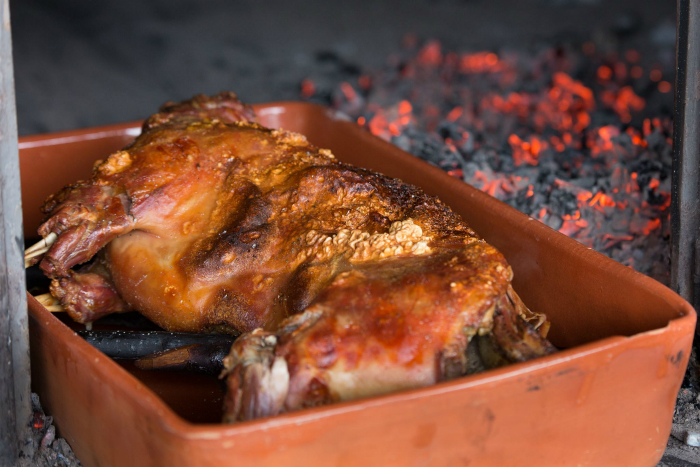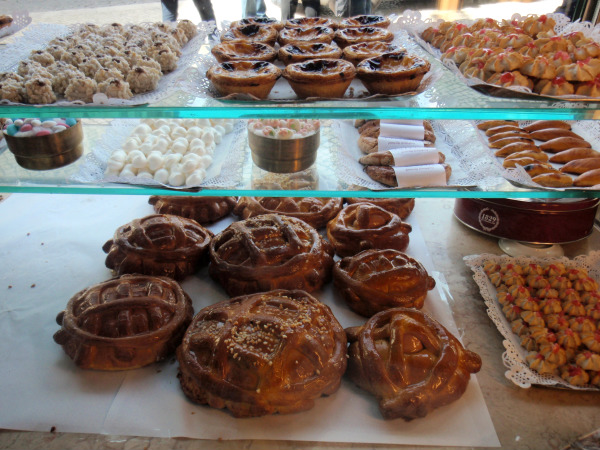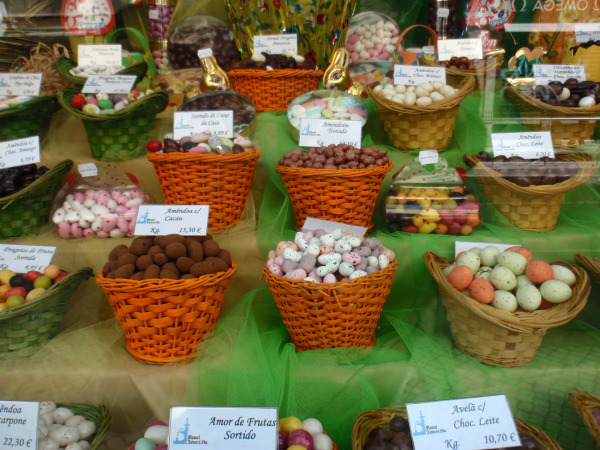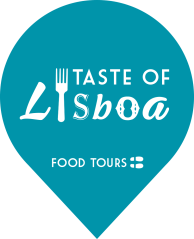Easter in Portugal

If they are fewer and fewer people who follow by the book the fasting during Lent (no meat on Good Friday), the same cannot be said of the gastronomic traditions associated with Easter, the most important festival of the Christian world.
Originating in Hebrew Peseach, Easter began as a Jewish celebration and means passage or transition. The Christian Easter is an adaptation of the Jewish celebrations, which celebrates the liberation of the Jewish people and the passage to the Promised Land with the crossing of the Red Sea, led by Moses.
For the first Christians, the date celebrated the resurrection of Jesus Christ and the week before Easter is considered the Holy Week, which begins on Palm Sunday, which marks the entry of Jesus into Jerusalem.
In Portugal, the commemorative celebration of the death and resurrection of Jesus Christ is associated with various customs that are still maintained, including eating roasted lamb and desserts as almonds, chocolate eggs and Easter-cake that we call folar.
Goatling or lamb?
At Easter, tradition says to eat lamb roasted in the oven. This custom may change regarding to the region of the country, but after all we should eat goat or lamb? First things first: goatling is the foal of the goat, and the lamb (up to 7 months) is the foal of the sheep. The lamb is lighter and softer than the goatling, who has a milder flavor. But the lamb is the meat most appreciated in Portugal, especially in the countryside. The lamb symbolizes Christ, the Son and Lamb of God, sacrificed for the flock (humanity).

Easter-cake (Folar), the king of Easter
This dried cake batter flavoured with cinnamon and fennel represents a gift ritual, solidarity and conviviality very rooted in Portuguese culture. It is part of the tradition to offer a gift to the godchildren and godparents use to offer an Easter cake, almonds or money. Normally the Easter cake is decorated with a whole boiled egg on top and symbolizes life and fertility.

Easter almonds
Tradition says that godparents offer godchildren almonds, a symbol of Easter celebration. In turn, godchildren should offer a stalk to godparents on Palm Sunday. Instead of giving or receiving Easter-cake, you can also say give or receive almonds.

Where to buy almonds:
In addition to Easter eggs, you can also offer almonds and Store Manuel Tavares, right next to Confeitaria Nacional, in Figueira Square, which sells almonds of all colours and flavours. Founded in 1860, this shop preserves all its charm and has a personalized service where you can choose candy, particularly almonds.
We’ll love to see your photo shoots, to know about your insights, suggestions and wishes on your food & culture experiences in Lisbon and Portugal. Please share with us via Facebook, Instagram or Twitter and tag us @tasteoflisboa or #tasteoflisboa.
Feed your curiosity on Portuguese food culture:
Traditional Portuguese Easter recipes
Easter in Portugal: our hosts’ favorite typical foods
Travel around Portugal in 18 foods (without leaving Lisbon)
Real people, real food. Come with us to where the locals go.
Signup for Taste of Lisboa’s next natively curated food & cultural experience.
Follow us for more at Instagram, Twitter e Youtube
